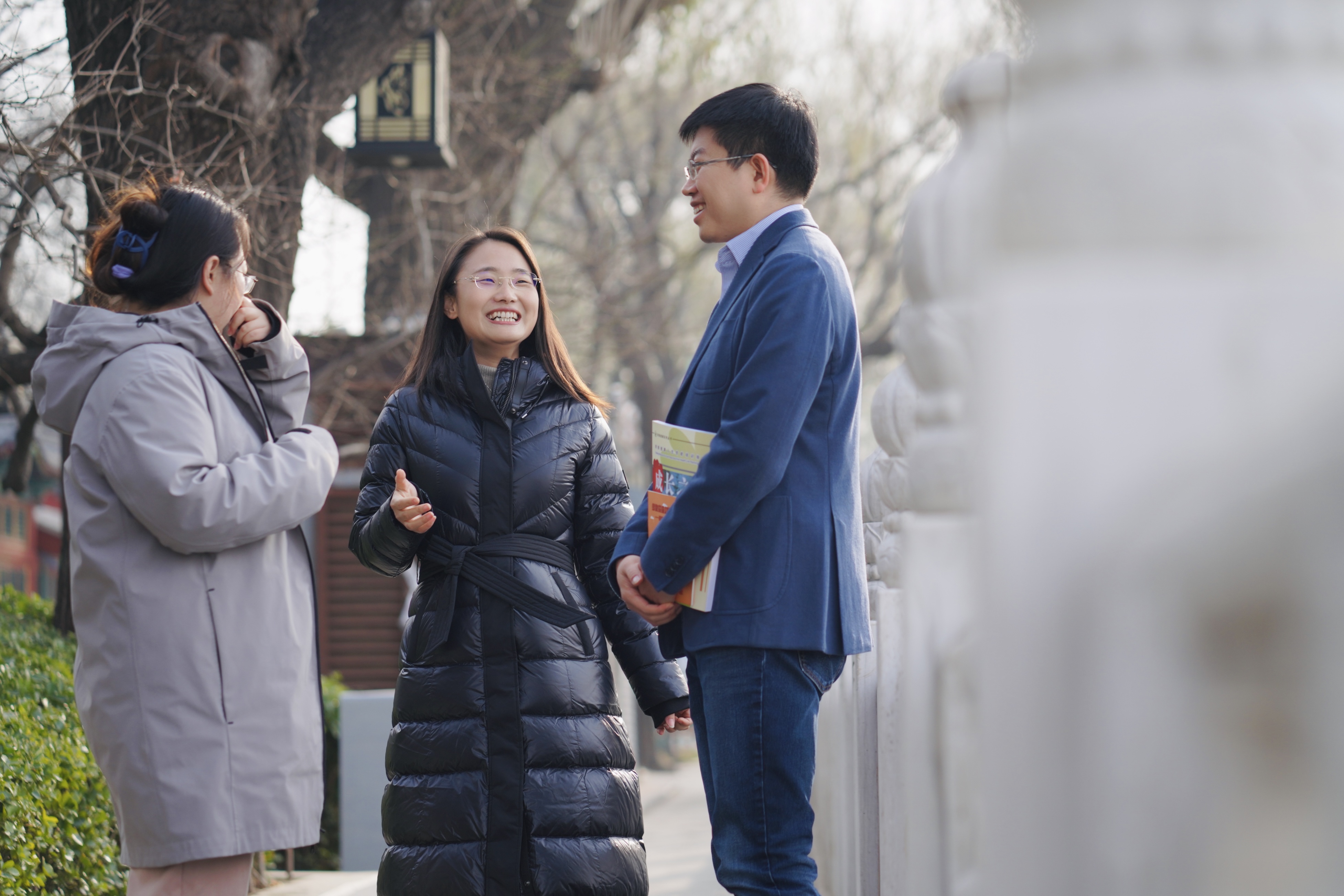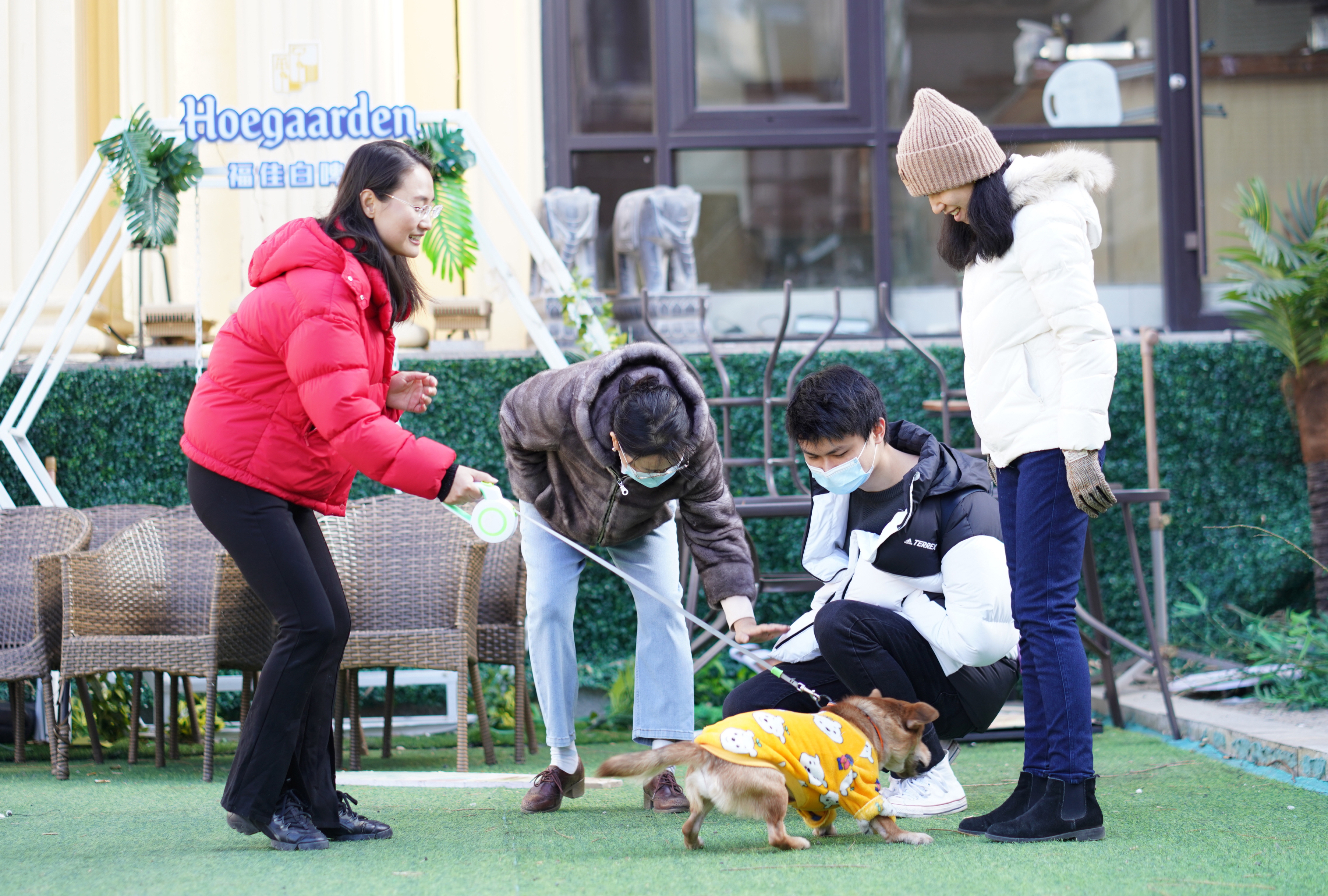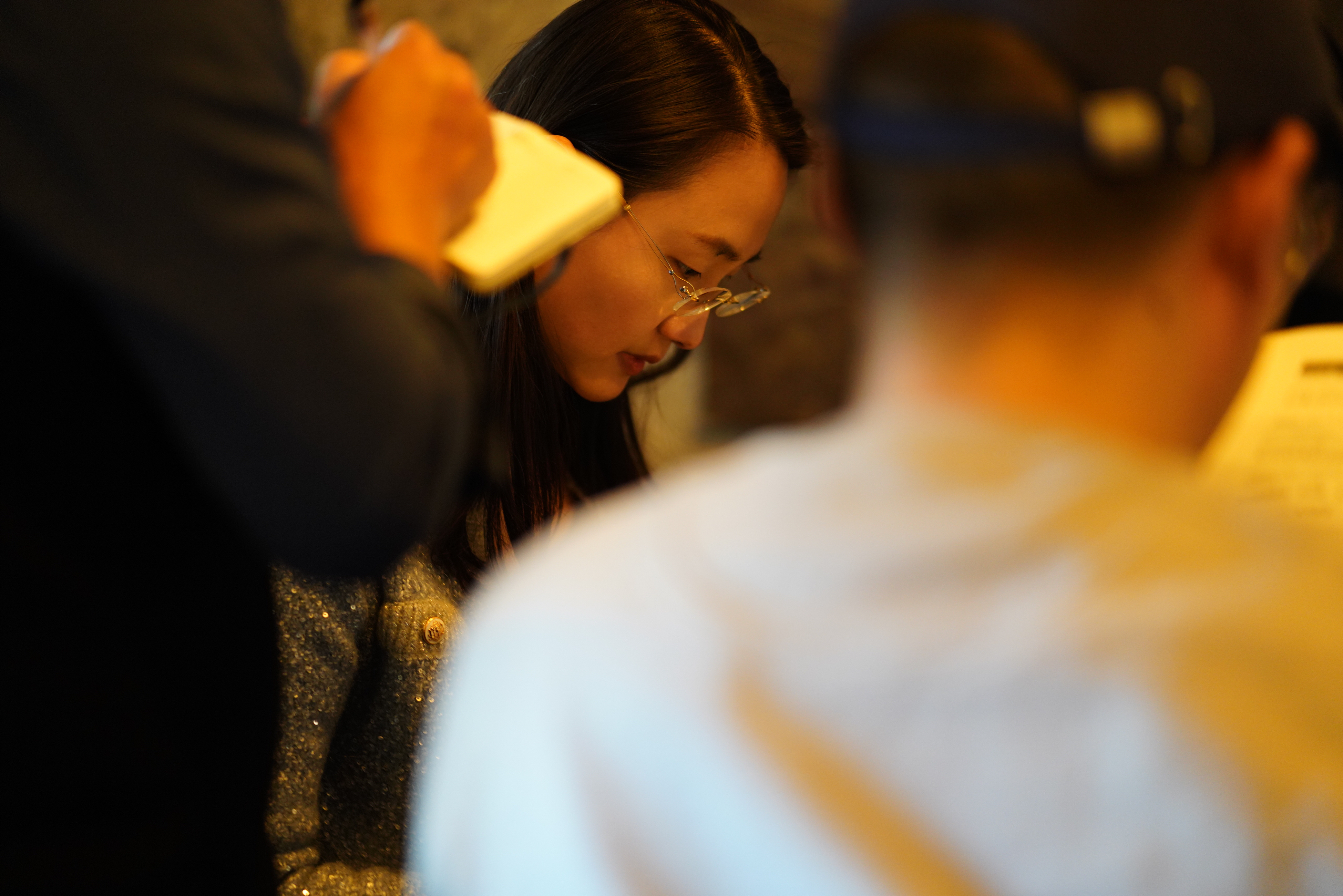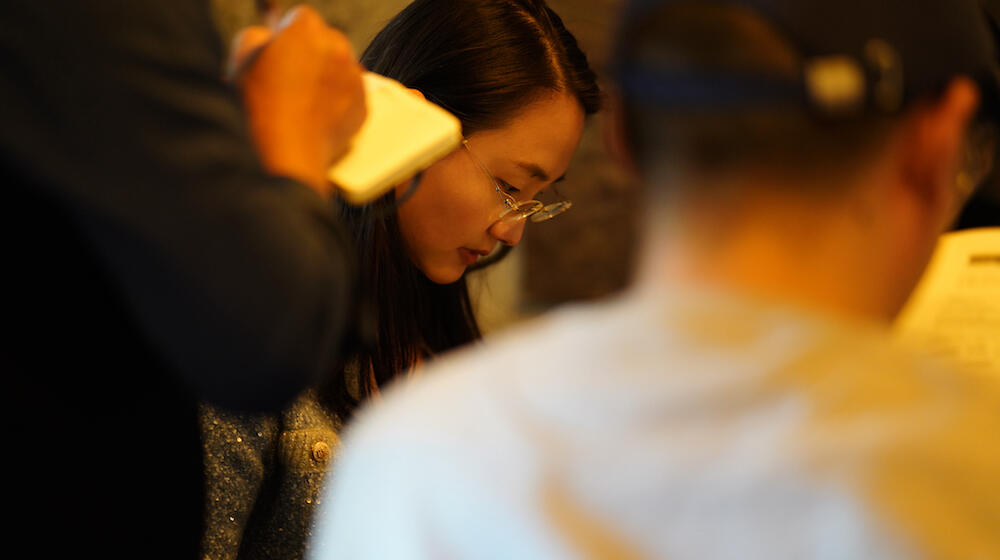"I told my best friend what I had just learned from that group meeting — that condoms not only prevent pregnancy, but more importantly, protect you from sexually transmitted diseases — and I handed her a package of condoms that I picked up from the event."
When I was a child, most of my sexual and reproductive health information came from my parents, and they mostly focused on the negatives, such as teenage pregnancy and abortion. All these topics became synonymous with "trouble" and "taboo". For example, I still remember the girl from the middle school next door who got pregnant and became "famous" because of it. I can't imagine how much pressure that girl was under, but even to this day I still remember the fear and worry I felt for her future. What was she supposed to do with the child, as she was still a child herself?
Moments of Enlightenment
Another moment that will always stick with me is from AIDS Day in 2007. My high school biology teacher, Ye Lin, walked into class wearing a red ribbon on his chest. He introduced the Red Ribbon and AIDS with such enthusiasm and energy that it shocked everyone in the room. At that moment, I realized that HIV/AIDS was no longer just a picture in a textbook. It became acceptable to talk about, as though the taboos were finally behind us.

©UNFPA China/Liang Si
Later on, I joined the Red Cross Society at my university, where I participated in various activities related to HIV/AIDS. I collaborated with fellow volunteers to hang red ribbons around campus for World AIDS Day, sent blessing cards from classmates to AIDS patients, and even traveled overseas to attend the World AIDS Conference. Throughout these experiences, I couldn't help but think back to the red ribbon on teacher Ye Lin's chest. Its brightness has remained engraved in my mind ever since, inspiring me to keep working to raise awareness and take action on this important issue.
Peer Education
In addition to HIV/AIDS, I believe that young people need to be aware of many other sexual and reproductive health issues. In 2011, I joined the China Youth Network [1] through the Red Cross Society. Since I joined, I’ve had many opportunities to talk with my peers across the country. It is evident that the knowledge about sexuality and reproduction among young people in China is constantly evolving.
Today, many of my friends are aware of how AIDS is transmitted, but have more specific questions, such as what to do if their contraception fails, what are male breast cancer nodules, or how to use tampons. A significant percentage of the questions are related to relationships, such as coping with long-distance relationships or about never having been in a relationship at all.

©UNFPA China/Liang Si
It's important for young people to have access to information about sexuality and reproduction. For instance, I once had a friend in college who knew about my involvement in these topics. After I attended a peer education training session on sexual and reproductive health, she timidly asked me about what I had learned. She was surprised to hear that condoms are not only effective for contraception, but they also prevent sexually transmitted diseases. So I ended up giving her the condoms that I’d picked up at the event. After her mother found out, she said to her, "I wish you’d met Qingfang earlier. All of this will help you in the future.”
I still think about that pregnant girl at the school next to mine, and wonder if she had known more about sexuality and reproduction at the time, perhaps she would have been able to make different choices to protect herself.
Self-growth
My life is now divided into two parts: from Monday to Friday, I am Zhang Qingfang, working in water affairs. During those hours, I handle paperwork in the office. However, on weekends, I am one of the core members of CYN. Together with my team, we think about the daily operation of the organization and develop new projects. I aim to educate more young people to receive accurate information about sexual and reproductive health. All these topics should be readily accessible. Only by understanding themselves and their own bodies can people eliminate worries and misconceptions about sex and make better choices and plan for their future.

©UNFPA China/Liang Si
As an opportunity for personal growth, this experience has been invaluable. My parents were initially quite concerned about my introverted personality. I struggled to engage with strangers and even blushed after just a few words. However, as I got to know more people through this organization, I gained confidence in myself and my ability to converse with others. Whether discussing sexual and reproductive health or new topics with these young strangers, I felt more and more comfortable. This newfound confidence has even improved my own relationship with my boyfriend. Instead of arguing, we face our problems head on and have open, honest discussions. Something we have done is to talk face to face about our strengths and weaknesses, and how we could improve. This approach has brought us closer than ever.
Some of my friends have been worried about the potential backlash and challenges I may face from the public due to the sensitive nature of my CYN work. Fortunately, I have been blessed with more support and praise than criticism over the years. My parents, friends, and colleagues have been incredibly understanding and supportive of my work, giving me the strength to persevere.
“Above all, I believe that this work is the right thing to do for me and today’s youth.”
【1】China Youth Network (CYN): CYN is a youth voluntary network founded in June 2004, with support of China Family Planning Association and the United Nations Population Fund which supports sexual and reproductive health peer education for young people aged 10-24.


